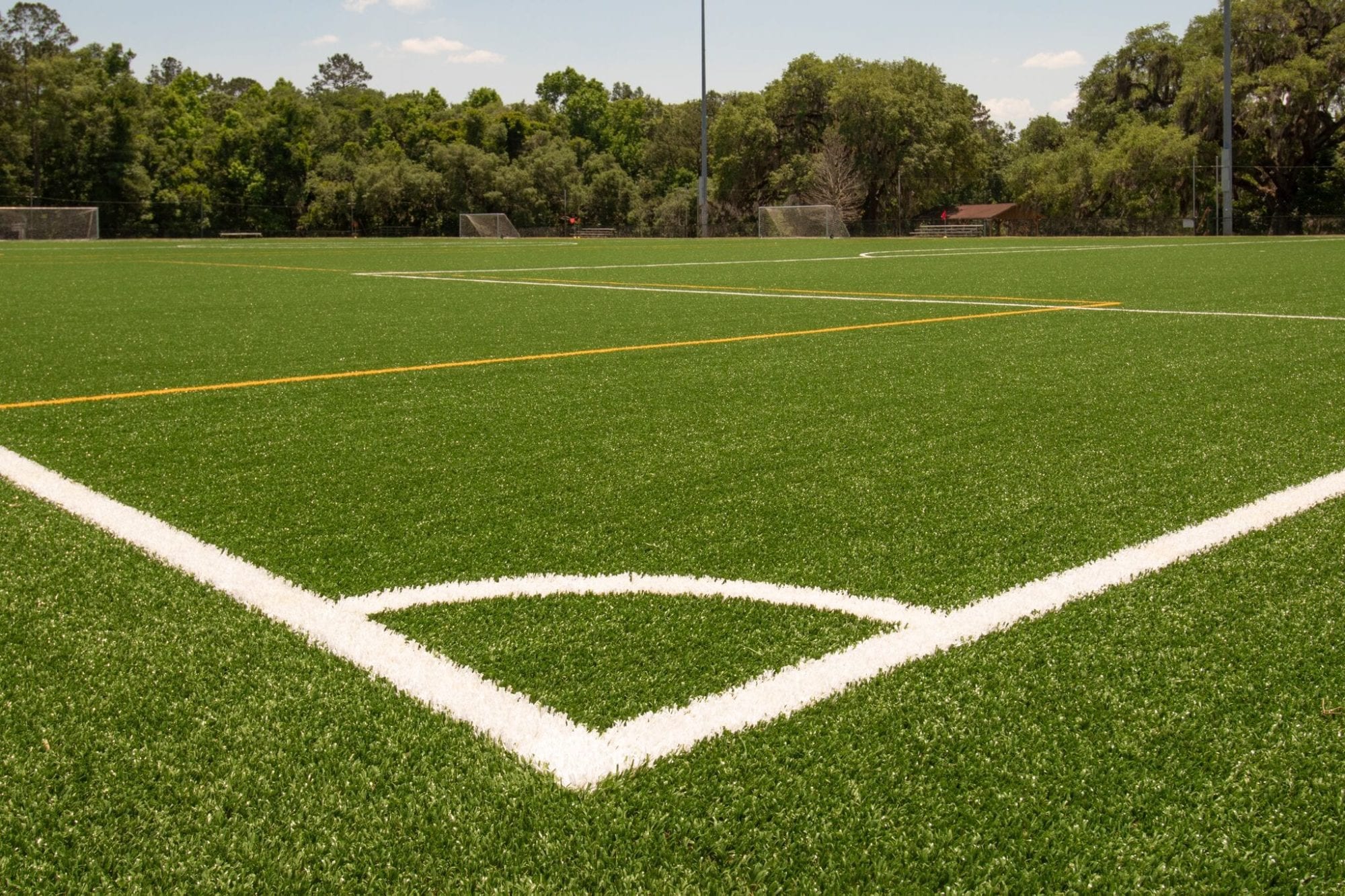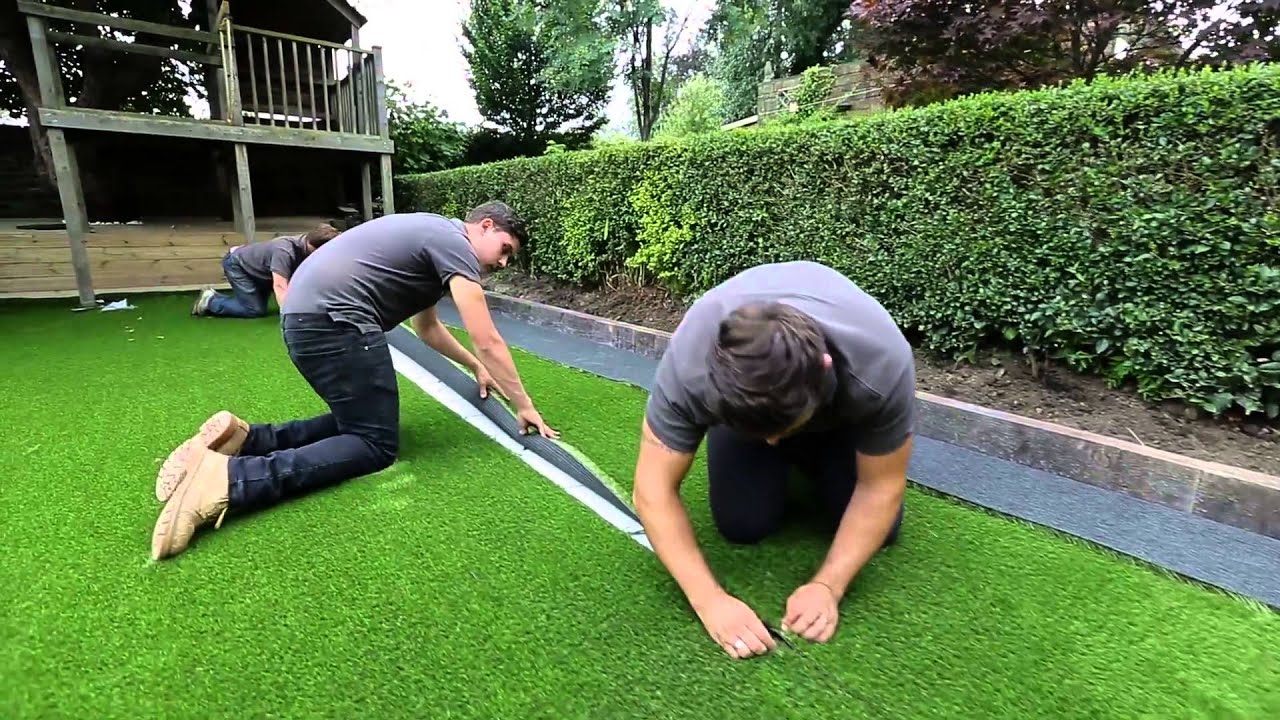Transform Your Yard with Reliable Turf Installation Phoenix AZ Solutions
Transform Your Yard with Reliable Turf Installation Phoenix AZ Solutions
Blog Article
Delve Into the Environmental Benefits of Opting for Synthetic Grass Solutions
The adoption of synthetic grass remedies offers an engaging possibility to resolve pushing ecological challenges. By substantially lowering water use and minimizing the application of damaging chemicals, these choices not just promote sustainable landscaping however additionally secure local environments. The lower carbon footprint associated with decreased maintenance activities adds to an extra lasting approach to land administration. Nonetheless, the effects of these advantages extend beyond plain preservation efforts, raising questions regarding their lasting effect on habitat conservation and general environmental equilibrium. Discovering these dimensions reveals an intricate interplay worth considering.
Water Conservation Conveniences
Among one of the most significant advantages of synthetic grass is its capability to preserve water. Conventional turf yards require substantial irrigation, especially in areas susceptible to dry spell or water limitations. On the other hand, artificial grass does not require watering, substantially minimizing the total need for water sources. This attribute is particularly beneficial in arid areas where water deficiency is a pushing problem.
By removing the demand for routine watering, fabricated lawn contributes to sustainable landscape techniques and assists mitigate the ecological influence of extreme water consumption. Moreover, the preservation of water encompasses the decrease of drainage, which can bring about dirt disintegration and waterway pollution.
Additionally, the installation of synthetic grass enables communities and house owners to assign water sources more successfully, concentrating on important uses such as alcohol consumption water and agriculture. The change in the direction of fabricated turf not only promotes liable water usage however additionally aligns with broader environmental goals focused on preserving all-natural resources.
As communities significantly prioritize sustainability, the water preservation advantages of artificial turf offer an engaging situation for its adoption in business and household landscaping projects.
Decreased Chemical Usage
The shift to synthetic grass considerably lowers the dependence on chemical therapies typically utilized in all-natural turf maintenance. Standard lawn monitoring typically includes the application of plant foods, herbicides, and pesticides to advertise growth and control pests. These chemicals can present dangers to human health, regional wildlife, and the environment, adding to dirt and water contamination.
In comparison, man-made grass gets rid of the demand for these dangerous substances. By minimizing the launch of artificial substances right into the ecological community, synthetic grass advertises much healthier dirt and water systems.
In addition, the absence of chemical runoff connected with man-made grass installments assists shield neighborhood rivers from contamination, supporting aquatic life and preserving biodiversity. Phoenix turf companies. As communities progressively focus on sustainable techniques, selecting synthetic grass offers a practical remedy that straightens with ecological preservation objectives. Via this change, property owners can take pleasure in rich green rooms without endangering ecological health, leading the method for a much more lasting future
Lower Carbon Impact

In addition, the installment of synthetic grass can lead to substantial water conservation. All-natural yards call for significant quantities of water for irrigation, which not only adds to the carbon footprint related to water removal and treatment yet additionally strains local water resources. In contrast, synthetic grass requires very little maintenance, requiring no watering, therefore considerably lowering water usage and its linked power prices.
Furthermore, the long life of synthetic grass adds to its reduced carbon impact. With a lifespan of up to 15 years or more, the demand for frequent replacements is diminished, leading to much less waste and lower energy consumption in manufacturing and disposing of conventional turf options. On the whole, synthetic lawn presents a sustainable choice for ecologically mindful landscape design.
Environment Conservation
Habitat conservation is a critical consideration in the discussion over landscape design options, particularly when comparing artificial turf to natural yard. All-natural grass lawns commonly require considerable maintenance, including the use of chemicals, herbicides, and plant foods, which can adversely influence neighborhood communities. These chemicals can leach into the soil and waterways, harming native plants and animals and interrupting neighborhood habitats.
On the other hand, synthetic grass provides a chance to decrease the ecological impact of landscaping. By choosing for artificial lawn, property owners can minimize the disruption of natural environments linked with conventional lawn care additional resources practices. Artificial grass eliminates the requirement for damaging chemicals, consequently safeguarding neighboring wild animals and keeping the honesty of bordering ecological communities. In addition, the installation of synthetic grass can cause the conversion of previous turf areas into more biodiverse landscapes, such as pollinator gardens or indigenous plant areas, which can support regional wildlife.
Inevitably, the change to artificial grass not just conserves water and reduces maintenance efforts but likewise fosters a more harmonious relationship in between human tasks and the natural surroundings, advertising environment conservation at the same time.
Long-Term Sustainability
Lasting sustainability is a critical consider assessing the benefits of artificial lawn over typical lawn yards. Among the most considerable benefits of synthetic grass is its longevity; it can last approximately 15-20 years with minimal upkeep, whereas all-natural turf requires frequent reseeding and replacement. This long life decreases the need for continuous sources, such as water, plant foods, and pesticides, which are necessary for keeping a healthy and balanced yard lawn.
Furthermore, synthetic grass adds to a decrease in carbon discharges connected with grass treatment devices. Standard grass often visit our website require gas-powered lawn mowers, trimmers, and blowers, all of which add to air pollution. Artificial turf companies phoenix. In comparison, synthetic grass removes the demand for such devices, advertising a cleaner environment
Moreover, the production of synthetic grass progressively utilizes recycled materials, boosting its sustainability account. As makers take on environment-friendly practices, the environmental footprint of synthetic grass remains to decrease.

Final Thought
The fostering of artificial turf remedies provides substantial environmental advantages, consisting of considerable water conservation, lowered reliance on dangerous chemicals, and a reduced carbon impact. In addition, synthetic grass aids in protecting all-natural environments by reducing land disruption and advertising long-lasting sustainability via using long lasting products. Jointly, these elements underscore the possibility of man-made lawn to contribute positively to environmental health and offer a sensible alternative to traditional landscaping techniques in an increasingly resource-conscious globe.
In contrast, fabricated grass does not require watering, dramatically decreasing the total need for water resources. By decreasing the release of synthetic compounds right into the community, man-made grass promotes healthier dirt and water systems.
Additionally, the setup of man-made turf can result in significant water conservation. In comparison, synthetic grass requires marginal upkeep, needing no watering, consequently significantly minimizing water use and its linked power expenses.

Report this page